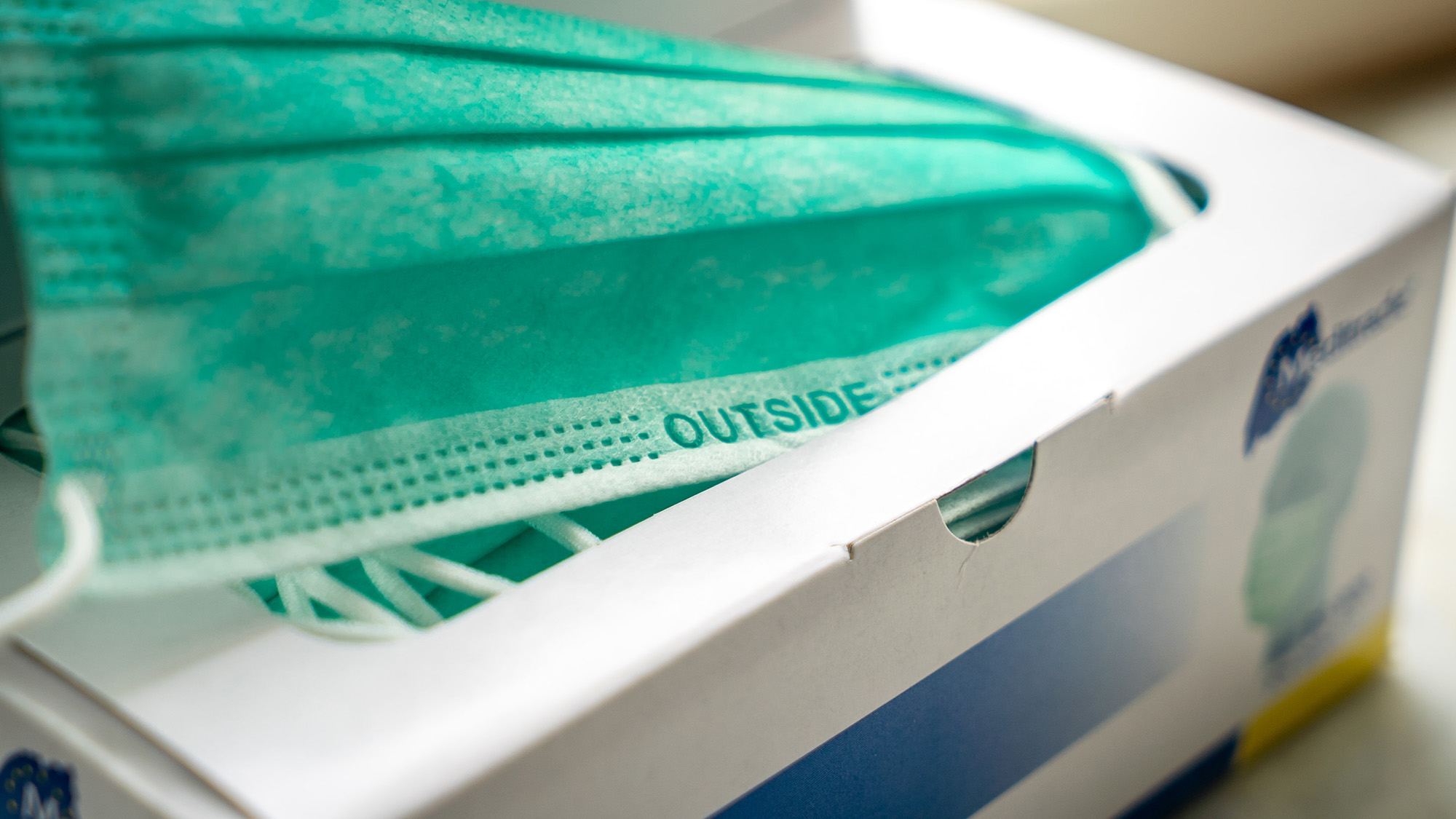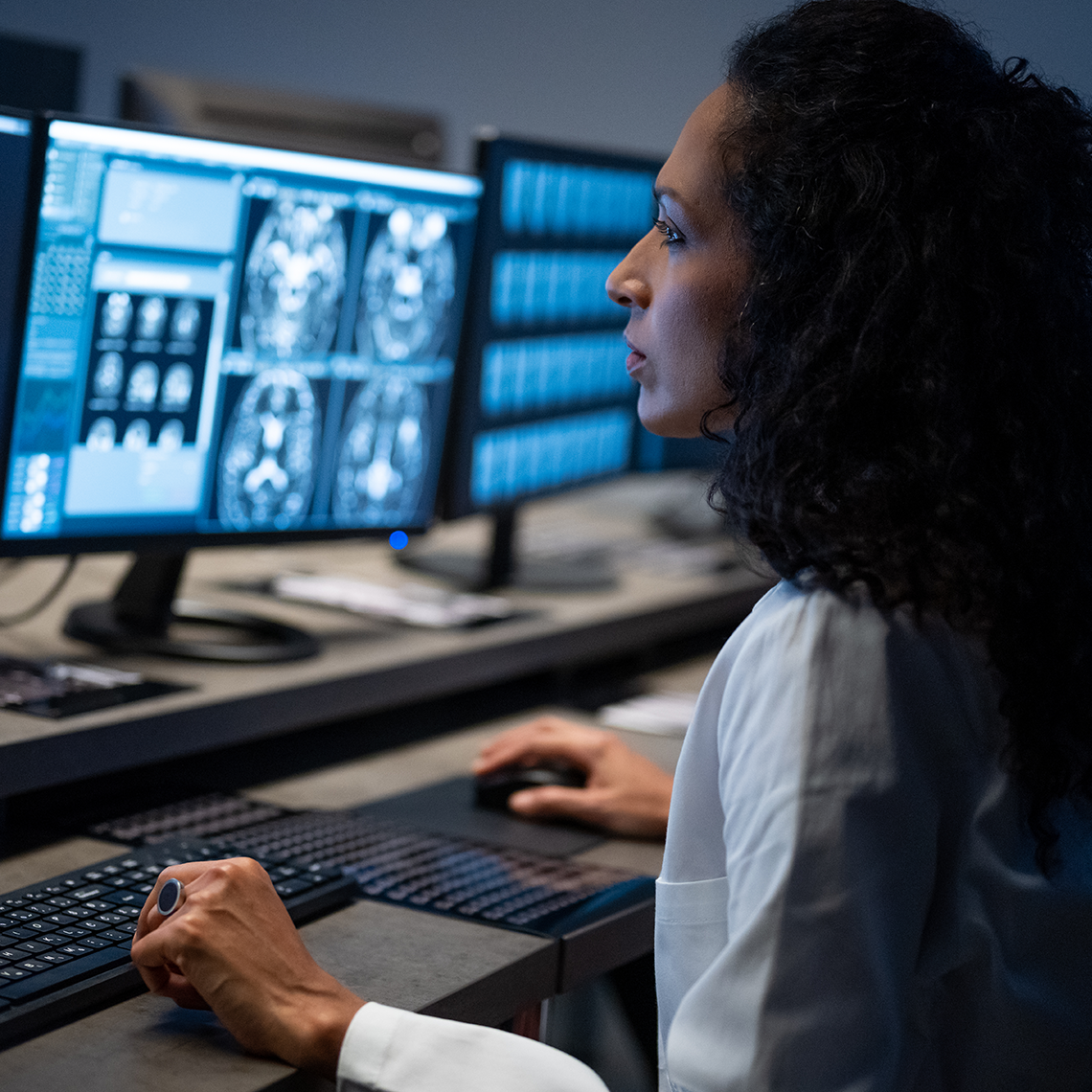Podcast
Malpractice Defendants Cool Their Heels During COVID-19
Aug 11, 2020

Commentator
Linda Crawford, JD
Transcript
Becoming a defendant in a malpractice lawsuit is often a long-term proposition. Under ordinary times, the system can take several years to adjudicate. During this COVID-19 pandemic, the courts are struggling, and prioritizing. Criminal trials first, then civil trials.
Massachusetts courts plan to begin a slow return to trials in September. Criminal matters will take precedence over civil cases, which include suits involving medical malpractice.
We caught up with an attorney who specializes working with doctors, nurses, and other provider defendants during their malpractice case. Linda Crawford is the principal of Linda Crawford Associates in Boston. She also teaches trial advocacy at Harvard Law School. She has been consulting with CRICO since 1987, helping defendants in the Harvard system and elsewhere navigate depositions and trials.
Q.) Linda, thank you for joining us.
A.) Surely, my pleasure.
Q.) What are defendants in a malpractice claim now going through that COVID-19 impacts?
A.) What happens with any provider who is named in a lawsuit and most acutely if they are currently named in a lawsuit is that every patient is a potential lawsuit, every family…, and people's fear of more litigation is always a factor that they are having to navigate on a daily basis with the uncertainty as to what is going to happen for patients who have not been successfully treated during this pandemic. How they and their families will look at the care that was provided and questioning it is a real fear for everybody but especially those who have the additional burden of being currently named in a lawsuit.
Q.) Everybody who is a provider is affected by this pandemic and this crisis. How does pandemic impact defendants?
A.) Well, I think what happens, there’s real concern around the country what will be the result of having to have perhaps rationed care, provided less than all the care a family would have hoped and we would have hoped to provide for a loved one and whether there will be a turn to the litigation system to have some kind of redress especially if people believe that their loved one…that we withheld care or provided substandard care because of the volume and the tough decisions that may need to be made.
Q.) So there’s the risk that, I guess there’s the risk of opportunistic plaintiff bar, but are there risks that are inherent in how care is provided or how we respond to the pandemic?
A.) Well, I think the risks are what they always are, which is that we commit ourselves to providing the very best care that we can for our patients, and this pandemic has surely made that much more challenging. What I would say because almost 9,000 cases into consulting with people who are going through these lawsuits is that juries are very, very appreciative of our providers. They ask that we do the best that we can because we care about those who we are caring for and that the number one fear that juries have is that the litigation system, the trial system, the whole system will have been so destructive to our good providers that they will leave medicine. So if we ever had to get to the point—which, of course, we’re always hoping we won’t have to—if we were to get to the point where some of these cases were actually to be tried, juries I think as always are appreciative of how difficult the work of our providers is and how concerned they are that our providers continue to have the courage to care the best that they possibly can for their patients.
Q.) What would you say that institutions need to do or are doing already to support providers in this pandemic?
A.) I think that and it’s very reassuring to me as someone who watches things from the big picture how concerned people who are involved in risk management, who are involved in overseeing the claims, the lawsuits, how aware and concerned they are about the impact of litigation on our providers. And if I were to say one thing that I think would be most helpful to our providers who are also currently defendants, is to reach out to them, to let them know that they are not forgotten, that we are watching over their lawsuit for them, that we are moving forward and doing what we can to help them get through their case, that we are here to help them. And I would say as an aside, surprisingly you would think that our providers who are current defendants would want to shelve their lawsuits during this period of time, and it really is not what in many ways is most helpful to them. Having something if they go forward with the deposition, even if it’s a Zoom deposition, it gives them something concrete to prepare for to get behind them. I’m finding that meetings with me, which I would have thought people would have wanted to delay, are reassuring to them. One of the heads of one of our very big programs at Children’s said to me the night after we had our meeting via Zoom that he slept through the whole night for the first time in many weeks. And that just not only warmed my heart, but I thought he will be in a better place to care for the very, very fragile children who come from all over the world to be cared for by him and his colleagues. So I think that the lawsuits continue to weigh heavily. I think anything that we can do to let people know that we have their back and that the opportunity to actually do something concrete in terms of moving forward with their lawsuit is appreciated; it’s not resented.
Q.) Linda, as someone who has worked for so many years with defendants and helped them through the process of a malpractice suit, is there one thing you want every doctor or nurse to remember as they work the front lines of this coronavirus?
A.) Well, I often say that I am on the side of the angels, that the public, if in fact juries are a microcosm of society and increasingly they are, it is extremely reassuring to me to know how much the average person on the street depends on and appreciates those who care for them and their loved ones in their time of need. And that as terrible as the litigation system is for our providers, that at the end of the day society truly, truly appreciates their efforts and that we are on the side of the angels in looking over and caring for these providers who we ask to go out and do the best that they can every day because they care about their patients.
Q.) Thank you. Linda Crawford is the principal of Linda Crawford & Associates of Boston. She teaches trial advocacy at Harvard Law School and has been consulting for CRICO since 1987, helping defendants navigate depositions and trials. I’m Tom Augello.
About the Series
We’ve got you.
Our Safety Net podcast features clinical and patient safety leaders from Harvard and around the world, bringing you the knowledge you need for safer patient care.
Episodes
How Depositions Make or Break a Medmal Defense
New Medmal Report: Documentation Matters a Lot

Paying for Patient Safety: Solving an ROI Puzzle

Teleradiology Leads Virtual Care Risk in New Study


